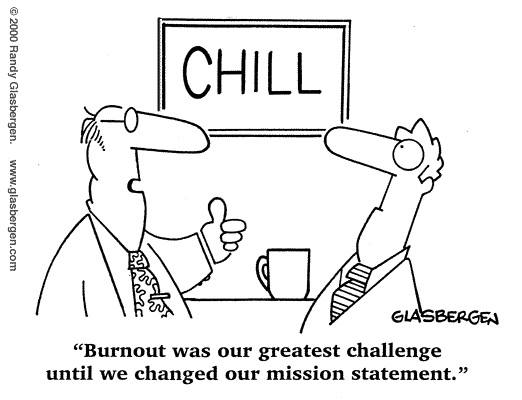The Church of England is fond of the phrase ‘lex orandi, lex credendi’: the law of prayer is the law of belief. It is a defining characteristic of Anglicanism. At the heart of this phrase is the notion that the language we regularly use in worship changes us and the beliefs we have. I’d extend this further – the language we use, the stories we tell and the stories others tell us come to define not just who we believe God to be but also who we perceive ourselves to be, the world we live in and the people we live in the world with. To use two examples, the church’s daily cycle of prayer reinforces our belief that God ‘comes to his people and sets them free’ through the repetition of the benedictus and the national media constantly drip feed us the rhetoric of the ‘undeserving poor‘. Both affect the perceptions of the people who constantly live out these narratives.
The current media narrative about the Church of England is that it is facing “massive decline”. I say ‘media narrative’ because this is the story that will be told in the press each week regardless of what the reality is. It is the story that will be told and the lens through which almost any article is written. This narrative has become so ingrained in the public perception that it is often now retold as a universal truth within the church itself. The narrative we are now telling of ourselves is usually given in negative terms. People gather together at all levels to tell of what has been “lost”. It is a great feat to have “lost our church hall” but to have “lost our scouts” as well? Were they inside? Shouldn’t we be arranging a search party?
Over thousands of years the church has been constantly reconfiguring itself to meet the changing needs of it’s local mission. This is no different in the 21st century than it was in the previous centuries. The major difference is the overarching narrative that is being used to describe it. When Augustin of Canterbury was asked to become the “Apostle to the English” in the 6th century his first questions probably weren’t about the PCC or the church hall. He is unlikely to have asked about the local scout troop or whether the grave yard was still open. The team was assembled and off they went to the desolate north (Canterbury).
The Jesus movement is a revolutionary movement. It is a movement based upon a belief that God is constantly changing the world and that we are invited into this Missio Dei. We pray “your kingdom come, your will be done” and we invite others to join this revolution. ‘You too could be part of this revolutionary movement: the Jesus movement’. If the narrative we are telling the world is that the Jesus movement has ‘lost’ this and ‘lost’ that, we ourselves are perpetuating that are decline.




